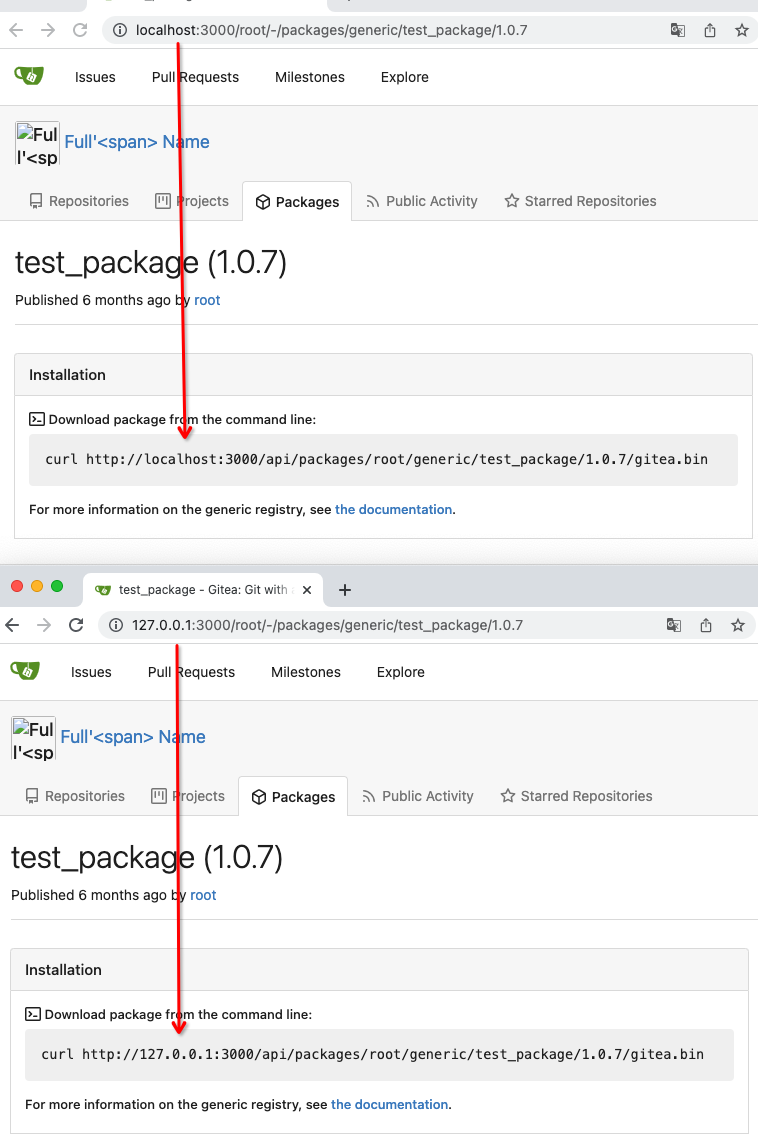diff options
| author | wxiaoguang <wxiaoguang@gmail.com> | 2023-02-17 22:02:20 +0800 |
|---|---|---|
| committer | GitHub <noreply@github.com> | 2023-02-17 22:02:20 +0800 |
| commit | e7ef94e00f1319e5fb876f47fee28728bd671f07 (patch) | |
| tree | 7efb147ab55f5bda76e6e50cd0090cca5f0e5270 /web_src | |
| parent | ca445cf56628274ab5119816bf988f04204035a3 (diff) | |
| download | gitea-e7ef94e00f1319e5fb876f47fee28728bd671f07.tar.gz gitea-e7ef94e00f1319e5fb876f47fee28728bd671f07.zip | |
Introduce customized HTML elements, fix incorrect AppUrl usages in templates (#22861)
This PR follows:
* #21986
* #22831
This PR also introduce customized HTML elements, which would also help
problems like:
* #17760
* #21429
* #21440
With customized HTML elements, there won't be any load-search-replace
operations, and it can avoid page flicking (which @silverwind cares a
lot).
Browser support:
https://developer.mozilla.org/en-US/docs/Web/API/Window/customElements
# FAQ
## Why the component has the prefix?
As usual, I would strongly suggest to add prefixes for our own/private
names. The dedicated prefix will avoid conflicts in the future, and it
makes it easier to introduce various 3rd components, like GitHub's
`relative-time` component. If there is no prefix, it's impossible to
introduce another public component with the same name in the future.
## Why the `custcomp.js` is loaded before HTML body? The `index.js` is
after HTML body.
Customized components must be registered before the content loading.
Otherwise there would be still some flicking.
`custcomp.js` should have its own dependencies and should be very light,
so it won't affect the page loading time too much.
## Why use `data-url` attribute but not use the `textContent`?
According to the standard, the `connectedCallback` occurs on the
tag-opening moment. The element's children are not ready yet.
## Why not use `{{.GuessCurrentOrigin $.ctx ...}}` to let backend decide
the absolute URL?
It's difficult for backend to guess the correct protocol(scheme)
correctly with zero configuration. Generating the absolute URL from
frontend can guarantee that the URL is 100% correct -- since the user is
visiting it.
# Screenshot
<details>

</details>
Diffstat (limited to 'web_src')
| -rw-r--r-- | web_src/js/webcomponents/GiteaOriginUrl.js | 17 |
1 files changed, 17 insertions, 0 deletions
diff --git a/web_src/js/webcomponents/GiteaOriginUrl.js b/web_src/js/webcomponents/GiteaOriginUrl.js new file mode 100644 index 0000000000..47fd13bfc1 --- /dev/null +++ b/web_src/js/webcomponents/GiteaOriginUrl.js @@ -0,0 +1,17 @@ +// this is a Gitea's private HTML component, it converts an absolute or relative URL to an absolute URL with the current origin +window.customElements.define('gitea-origin-url', class extends HTMLElement { + connectedCallback() { + const urlStr = this.getAttribute('data-url'); + try { + // only process absolute HTTP/HTTPS URL or relative URLs ('/xxx' or '//host/xxx') + if (urlStr.startsWith('http://') || urlStr.startsWith('https://') || urlStr.startsWith('/')) { + const url = new URL(urlStr, window.origin); + url.protocol = window.location.protocol; + url.host = window.location.host; + this.textContent = url.toString(); + return; + } + } catch {} + this.textContent = urlStr; + } +}); |
